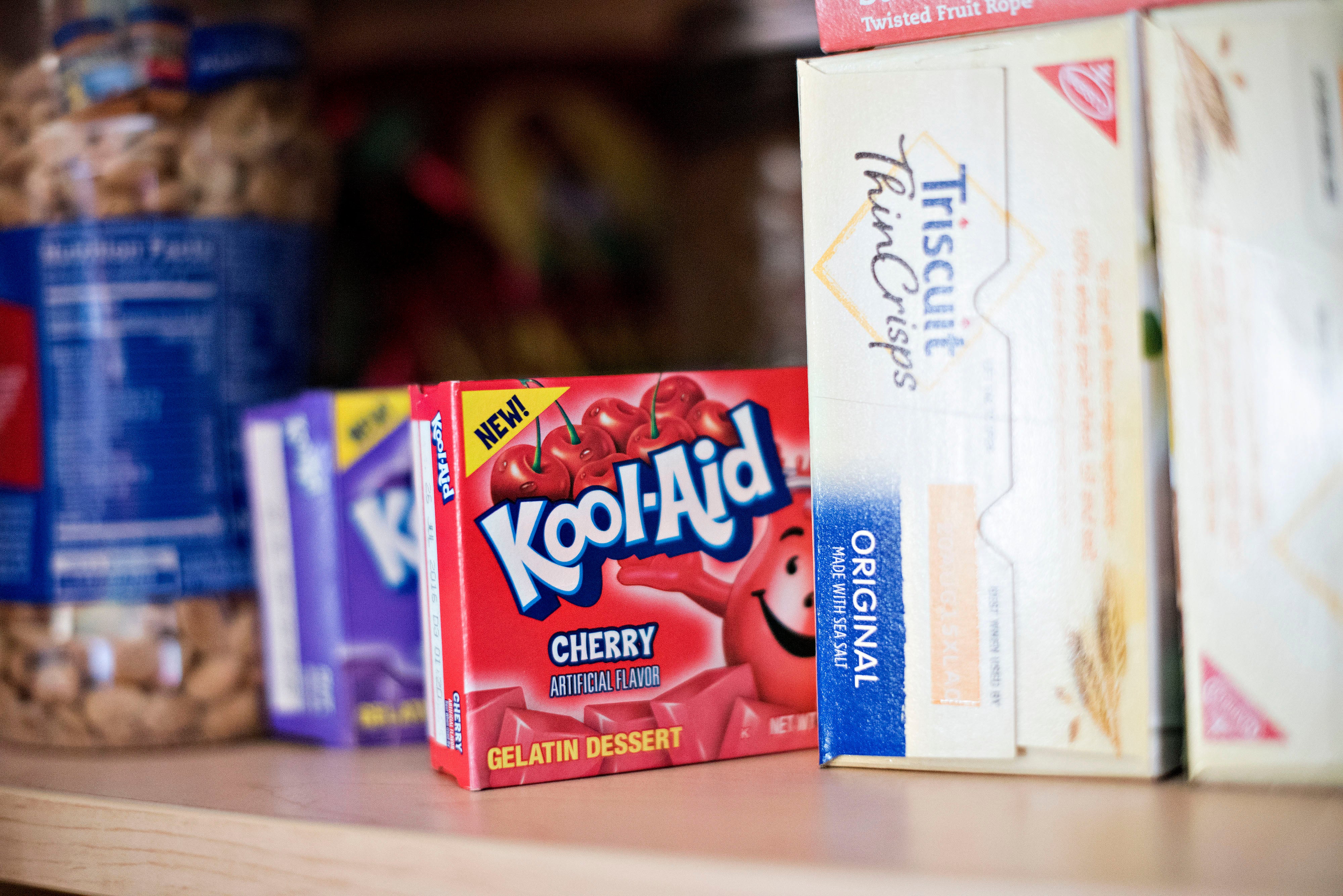
You’d think that institutions would know how to properly celebrate Black History Month by now, but unfortunately, some are still struggling to get it right.
Recently, a student accused New York University of racial insensitivity after one dining hall boasted about a special Black History Month menu that consisted of ribs, cornbread, collard greens, Kool-Aid and watermelon water.
When sophomore Nia Harris saw the dining options, she was immediately unnerved.
“This is what it’s like to be a Black student at New York University,” she wrote in a Facebook post about the menu. “You go to a dining hall during February and you see ‘Black History Month Meal’ plastered outside the entrance. You walk inside the dining hall only to find ribs, collard greens, and mac and cheese. You note that this is stereotypical, but you decide not to make a big deal. Then you see the beverages, Red [Kool-Aid]and watermelon water. You take a breath.”
Harris complained to Weinstein Passport Dining Hall’s head cook and was told that the menu was not meant to be offensive, but was planned by Black workers. The explanation did little to assuage Harris, who then emailed university officials about the incident.
After her Facebook post was shared hundreds of times, NYU president Andrew Hamilton released a statement calling the meal “inexcusably insensitive.”
“We were shocked to learn of the drink and food choices that our food service provider —Aramark — offered at the Weinstein dining hall as part of Black History Month,” Hamilton wrote. “It was inexcusably insensitive. That error was compounded by the insensitivity of the replies made to a student who asked Aramark staff on site how the choices were made.”
Aramark suspended those responsible for the menu, and promised to roll out sensitivity trainings for its employees. While Harris is happy both the university and Aramark took swift action, she said it shouldn’t have happened in the first place.
“I would consider today a victory,” she told The New York Time. “But it’s also very important that we had to publicize it in order to put the pressure on them to do the right thing, because I feel like had I not publicized it, this could have gone a little bit differently.”
